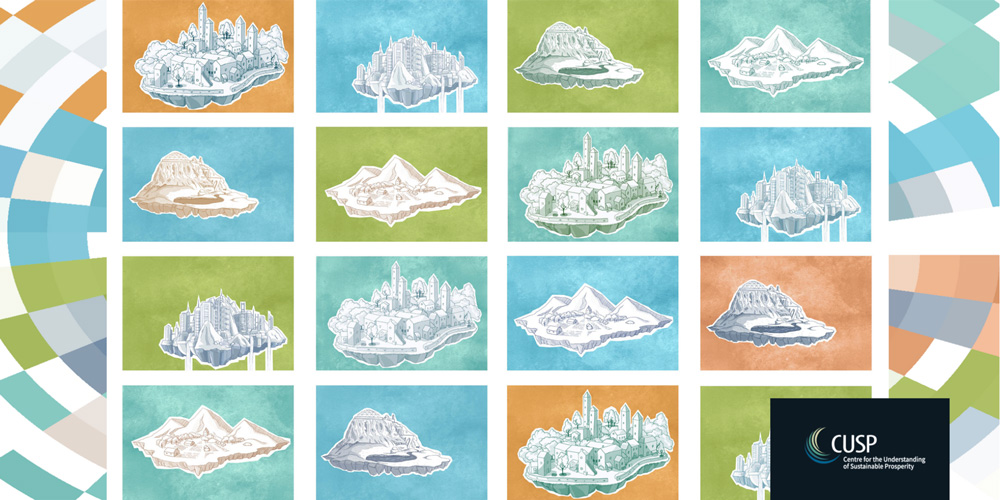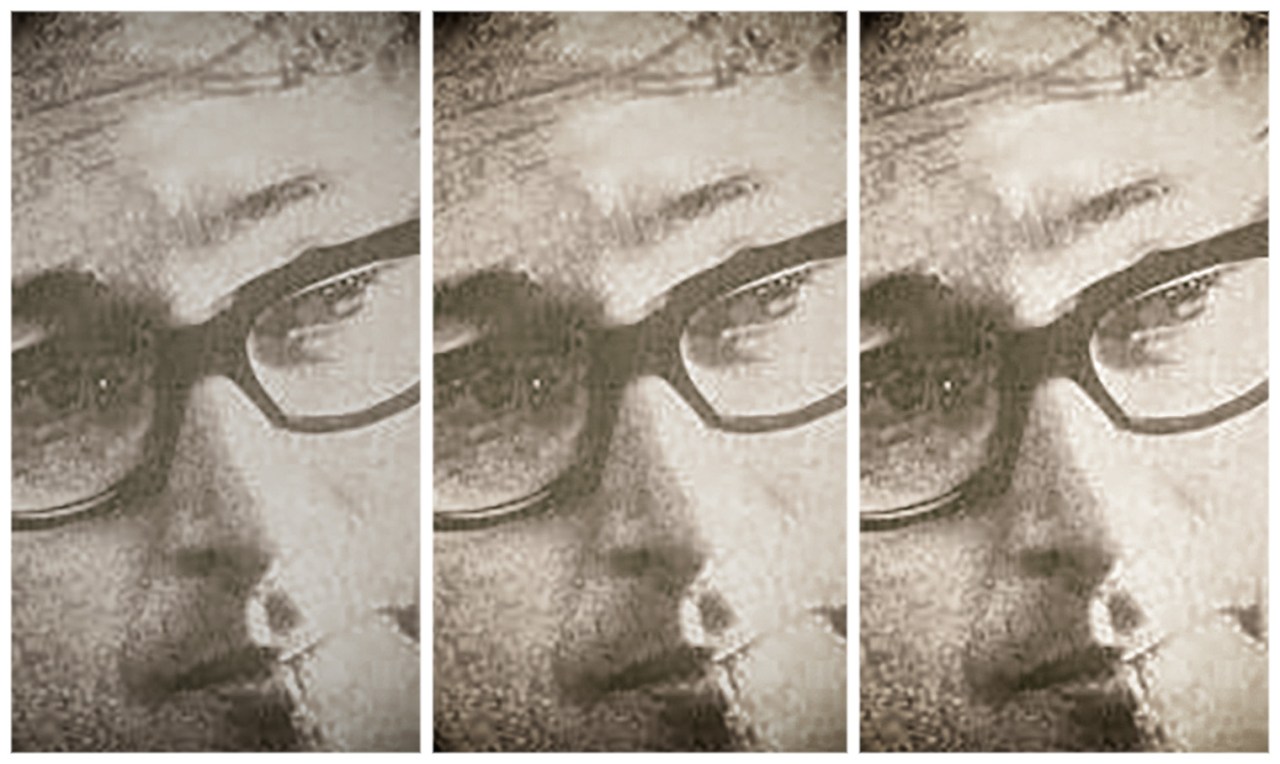In search of a utopian vision that inspires
Where will this compelling vision of the future come from?
No matter where you turn these days - you'll be sure to find some bloody depressing news.
If it's not the levels of violence that we wage against one another, or the planet; it's how thoroughly screwed the economy is, the ongoing war in the Ukraine (led by a megalomaniac with access to nuclear weapons), rampant corruption and the worrying rise of mental health issues throughout the world.
There is an oversupply of negativity out there, eagerly pedalled to us by news organisations; but not too many visions of any compelling alternatives.
Why is this a problem? - you might innocently wonder.
'Fifty years ago in his book, ‘Eye of the Needle’, assassinated South African philosopher Rick Turner argued that those fighting the apartheid system must have the courage to define the utopia they wanted to see, so that they would know what they were aiming for. He warned that a failure to do so would lead to mistakes after apartheid and create opportunities for the corrupt and immoral to benefit from a lack of direction.' -via
In the 1970s, Rick Turner was calling for a utopian vision for South Africa.
An inspiring beacon of hope towards which all of us can build towards. Without this future vision however, people can be easily lured into the present - a breeding ground for greed and self-directed gain.
Sociologist Erik Olin Wright, argues that optimism is necessary for the world to be transformed.
He suggests that we must believe other worlds are possible in order to change the current one.
'We cannot face the oppressive, negative forces of what's presently happening in the economy, the environment, politics and society with only an agenda of destruction; we also need desirable, viable, and achievable alternative visions for society.'
Now is the time to craft utopias
Over the last 30 years the world has experienced a profound deterioration of trust in our institutions. The pandemic accelerated this phenomenon and now we are witnessing some of the consequences of this erosion.
We need inspiring visions of the future now more than ever.
BTW the word 'utopia' literally translates as ‘no place’ – an imaginary and indefinitely remote place that can never be attained. Creating a utopian image is then not something that is done with logic and pragmatism, it is an exercise in imagination.
The point of creating this kind of wild dream is to give people a sense of what a radical, democratic, egalitarian, and environmentally just society / country / company / organisation might look and feel like so that it gives people a beacon to strive for.
It's a deliberately contrasting alternative image against which the present state of affairs can be compared, to purposefully inspire creative tension between the two, which constantly motivates action towards the ideal.
For South Africa the important question then is; 'Where will this vision of the future come from?'
Creating good visions requires an inclusive process that needs to be co-ordinated and driven by somebody.
It needs to be discursive, participatory and democratic in character, allowing for diversity of opinion and perspective to be expressed. We can learn from past efforts, such as the unprecedented collection and distillation of public views to inform the Freedom Charter of 1955, which informed the liberation movement in the country over successive decades and generations.
In the midst of our pressing present challenges - an urgent futures need beckons and our own personal search for utopian visions continues.







